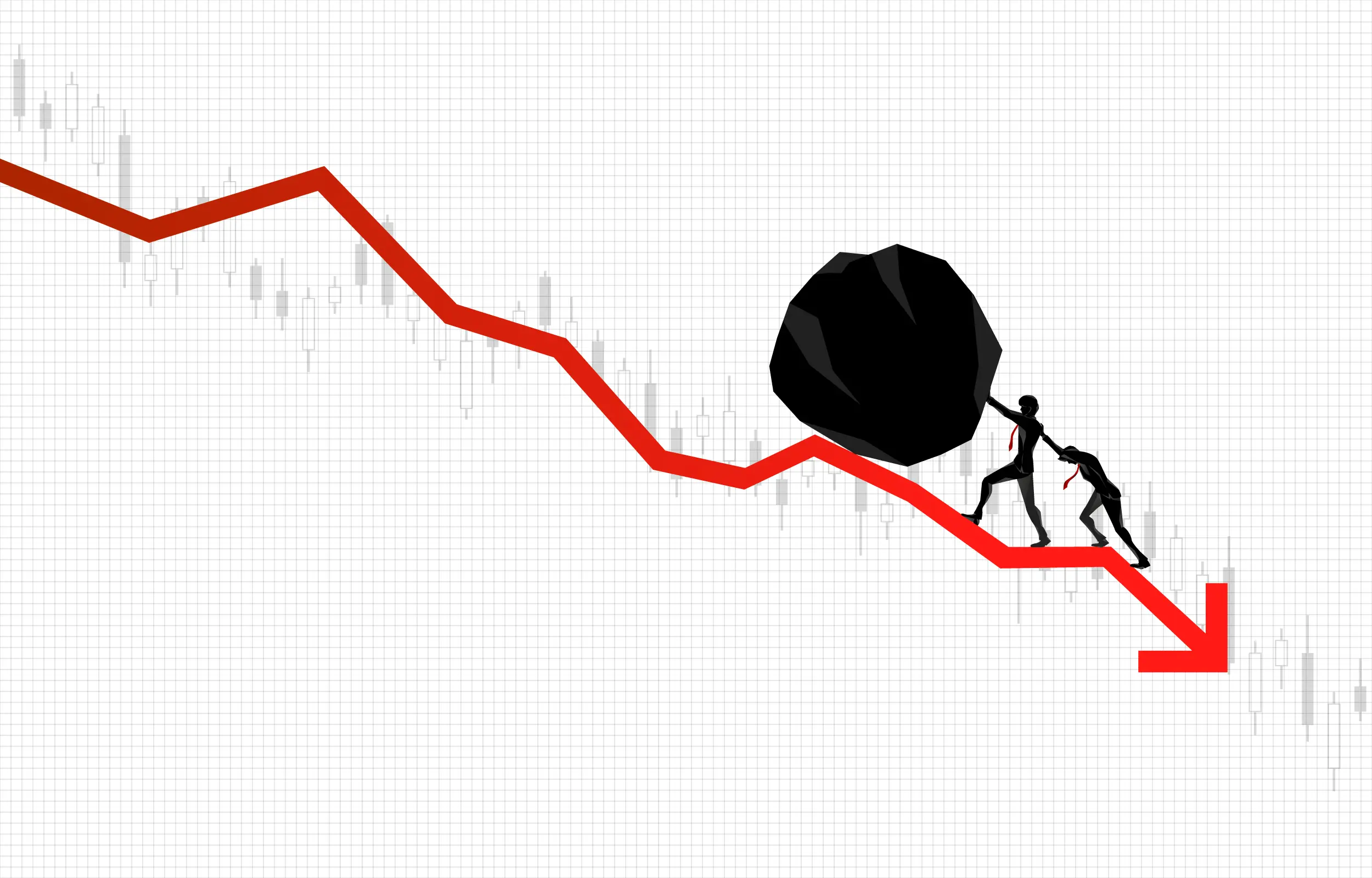Global Economic Turmoil Calls for Business Resilient Solutions
Multiple crises unleashed one of the lowest global economic outputs in recent decades, says the United Nations World Economic Situation and Prospects (WESP) 2023 report. This report presents a bleak picture of the global economic landscape, forecasting a significant deceleration in world output growth from an estimated 3.0% in 2022 to 1.9% in 2023 due to various adverse events. These encompass the ongoing COVID-19 pandemic, the Ukraine war, inflationary pressures, increased debt tightening, and the intensifying climate crisis. Such challenges have not only slowed the pace of global recovery but also threatened the realization of the 17 Sustainable Development Goals (SDGs) by the projected timeline of 2030.
The report stresses the pressing need for collective action, cautioning against short-term fiscal austerity measures that might worsen inequality and risk moving the SDGs further out of reach. Instead, it calls for strategic public investment in areas like education, health, digital infrastructure, new technologies, and climate change adaptation. Such initiatives are touted as having the potential to generate substantial social returns, accelerate productivity growth, and enhance resilience against future economic, social, and environmental shocks. The report also underscores the need for more significant international commitment to finance the SDGs, estimated to require trillions of dollars per year.
No time for trial and error
These economic conditions highlight the urgent need for businesses to rethink their operational models, with a focus on resilience and sustainable development. One strategy that has increasingly come into the spotlight is digital transformation to achieve data-driven decision-making (DDDM).
In the modern business landscape, data is no longer just an output; it’s an invaluable asset that can drive strategic decision-making processes. With the vast amount of data generated daily, businesses equipped with the right digital tools can analyze this data to garner insights, inform strategies, and make precise decisions. This is the power of DDDM – it turns raw data into actionable insights.

By employing DDDM, businesses can significantly reduce errors and failures. In an environment where each decision could have far-reaching implications, relying on data rather than intuition or mere speculation is not just smart – it’s essential. Data offers concrete evidence that can substantiate business decisions, providing a safeguard against costly mistakes and helping organizations steer clear of detrimental trial-and-error methods.
DDDM is also a key element in enhancing operational efficiency and sustainable development. With insights gleaned from data, businesses can streamline their operations, optimize resource allocation, improve customer satisfaction, and identify potential areas for innovation and growth – all essential factors in fostering sustainability.
In the face of recent economic crises, digital transformation paired with data-driven decision-making emerges as a key strategy for businesses. By shifting towards this approach, companies can bolster their resilience, foster sustainable development, and confidently navigate their course.
Harnessing data is akin to navigating with a compass rather than wandering. It offers businesses a precise, evidence-based direction in these uncertain times.

Amin Hosseini
CEO Co-Founder of DIDITRA Agency
How does the lack of data-driven decision-making threaten business survival?
The lake of data-driven decision-making can have significant consequences for businesses' survival in conditions of global economic crisis. Here are some potential implications:
Without data, businesses can't accurately assess the risks involved in their decision-making process. This could lead to disastrous outcomes, especially during a crisis.
Without data to guide them, businesses may allocate resources inefficiently, which can be extremely damaging during an economic downturn.
In the modern business world, data is a key source of competitive advantage. Losing the ability to make data-driven decisions could put a business at a disadvantage relative to its competitors.
Without data, a business might fail to understand the needs and behaviors of its customers, which could lead to loss of market share.
Data is essential for predicting future trends and market conditions. Without it, a business might be caught off-guard by changes in the economy.
Data helps businesses to be more responsive and agile. Without data, it would be more difficult for businesses to adapt to changing circumstances, which is especially crucial during a crisis.
Conclusion
In conclusion, amidst a global economic downturn marked by multiple crises, the shift towards digital transformation and data-driven decision-making stands as a powerful solution for businesses striving for survival, growth, and resilience. Leveraging these strategies can enhance operational efficiency, optimize resources, and enable sustainable development, allowing businesses to navigate these tumultuous times effectively. It's time for companies to harness the potential of digital tools and make strategic decisions guided by data, thereby aligning themselves with the United Nations' call for resilience and sustainable development. As we grapple with these challenges, digital transformation isn't just an opportunity; it's an imperative for securing a resilient future.
DIDITRA Co-Founder & CEO
I was born in 1991 in Tehran, Iran. As a strategy and transformation activist who strives to make sustainable development the basis of the future world, my study and executive activities began in 2009 with a focus on two fields: social and economic development.
The spread of digital technology has led me to focus on developing industries and economic and social infrastructure using a digital transformation approach.



